“I came out here to get away from the rat race of the city. Out here where I could breathe the pure air, work the fertile soil. Where a man can plant his seeds and watch 'em shoot upwards toward the sun and the sky, like our forefathers did. The farmer's the backbone of America. It's his gnarled hands, (his) aching back that gives America its great strength.”
--Oliver Wendell Douglas
Obviously, the United States transitioned from an agrarian economy many years ago. I have great respect for people who still farm for a living. I am referring to the small, single-family farmers. As for the huge, corporate mega-farms, well, it is easy to bash them (deservedly so) for their corporate greed, inhumane treatment of livestock, overzealous use of pesticides, and for causing the demise of many small, privately owned farms. However, there’s no denying that there would be many more hungry people in the world without the food produced by corporate mega-farms.
I come from a farming family. My roots are in the soil. (Sorry, couldn’t resist.) My father grew up on a farm and I believe he would have preferred to have been a farmer as an adult, if his circumstances had been different. Namely, me. I’m the circumstance. I came along and he had to find employment doing whatever, to provide for his new wife and child.
According to US Census records, my father’s family emigrated from Germany in the 1830s. There were five successive generations of farmers, including my father’s father. I can remember the old family farm, having visited as a young child.
In my earliest memories, my grandmother lived on the farm with my dad’s younger siblings, but my grandfather was living elsewhere. Being a kid, no one felt the need to explain this arrangement to me, feeling that perhaps I was too young to understand.
Then, all of a sudden (from my perspective), we weren’t visiting the farm anymore. The farm was sold and I never did learn why. I regret, that as an adult, I never asked my father to tell me our family’s history from his point of view, and he was not one to volunteer information.
In any event, there was an unbroken line of farmers in my dad’s family for more than a hundred years. I may be wrong, but I believe my generation was the first in the history of the American branch of the family not to have lived on a farm.
Farming is not for the physically or mentally weak. It is hard work and sometimes the rewards are meager. There is no punching of the time clock after eight hours of work, then going home. No paid sick leave, no paid vacations, no forty hour work week, no medical or dental plans, except for those which are paid out one’s own pocket. No pensions or employer provided retirement benefits. Farmers are at the mercy of the weather, the banks, the commodities markets, the politicians, and good old fashioned luck.
Why then, would anyone want to be a farmer? Those who operate individual, family-type farms might say they enjoy not being cooped up in an office all day, being their own bosses, setting their own schedules, and making their own decisions as to how to run their businesses. It must be richly rewarding to see a field of corn as high as an elephant’s eye and know what decisions and hard work went into it.
When I was in high school, I am sorry to say we made fun of the farm kids, although I secretly kind of liked the Future Farmers of America club jackets. I don’t know why we looked down on them, as if we were better than them. We weren’t. Something about high school brought out the worst in some of us, I guess.
One of the most interesting people I have ever met was a farmer. He was my wife’s uncle, her mom’s eldest brother.
When I first met Uncle Robert, he was 78 years old, still living and working on the family farm where he was born. My future wife and I were on a road trip and one of the destinations was the part of upstate Missouri where Uncle Robert and other family members lived.
I thought I grew up out in the sticks, but Uncle Robert’s place was beyond the sticks, out in the boonies. It pained me tremendously to drive my beautiful ‘86 Thunderbird Turbo Coupe on those unpaved gravel roads leading to and from the farm.
For almost his entire life, Uncle Robert lived in the same two-story house. The only time he lived elsewhere was when he served in World War II as a member of the US Army’s 20th Armored Division. His unit helped liberate one of the concentration camps. He shared memories of his service days, but he would not talk about the camps because, obviously, it had to have been a horrible experience.
Uncle Robert never married, never had children, and spent his whole life on the farm, doing what he did best, presumably doing what he loved. His siblings moved out and started their own families; he stayed to work the family farm and care for his parents.
He lived by himself for many years, but Uncle Robert had the support of a community, a close-knit group of family, friends, and neighbors who helped him as needed. And in turn, he was there to help them in their times of need. The way farm families have done for centuries.
Uncle Robert had a good sized farm. I’m guessing it was several hundred acres. He kept chickens, sheep and cattle, and, for a time, he kept bees. And, he had several chunks of land where he grew hay to feed the animals in the winter.
By the time I met him, Uncle Robert’s house was starting to show its age. My wife says she thinks it was built around 1911. It had electricity, but no running water. We stayed out there several times on our visits and it was like going back in time. Or camping out in the wilderness. I may have grown up in the country, but when I left, I became a city boy, through and through. Staying out there was well worth it, however, because it was such a privilege to listen to Uncle Robert tell stories of his life.
I did not want Uncle Robert to see me as a soft city boy, so whenever we were there, I tried to pitch in if I could. For example, one time we were visiting in the dead of winter, it must have been around Christmas. There was no snow, but I recall that it was bitter cold. The morning weather report on the radio said the temperature was six degrees. We were staying in town this time as we had no interest in visiting the outhouse when it was six degrees.
By the time we arrived at Uncle Robert’s, he had already been outside doing chores, of course. He mentioned that a board had come loose on his granary, exposing the grain inside. He didn’t think he could reach it, so I volunteered to get in there and fix it.
I had to approach this board problem from the inside, which meant I had to climb a large pile of grain, reach up and move the board back into place. As I made my way up the mountain of grain, Uncle Robert said something, in an offhanded kind of way, about mice being in there and don’t worry about them crawling up my leg.
I thought “What?!” I wasn’t afraid of mice, but I sure as hell did not want a little varmint in my pants, crawling up my nice, warm leg. The board was replaced quickly, without incident, but I’ll never know if Uncle Robert was messing with me or not.
Another time, a lightning rod had come off one of his buildings (the granary, again), and he wondered if I could climb up there and reattach it. The building had a pitched roof, but one side sloped down much lower than the other, which enabled me to access it by climbing up on a cattle chute and pulling myself on to the sloped part. From there, I scrambled up to the peak, with a hammer, a few nails, and the rather unwieldy lightning rod. I made my way along the peak to the correct position at the front of the building and successfully completed my mission without falling off. I can still remember hearing Uncle Robert saying to my wife, “He climbed up there just like a squirrel.” I considered it a compliment.
Toughness is a required trait to live the life that Uncle Robert lived. He certainly was a tough old bird, for sure. He worked that farm until he was in his late 80s. He had some health issues and eventually had to go into assisted living. He died at age 91. Uncle Robert was a hell of a man, and, although I never heard him say it, my guess is that he was proud to be an American farmer. I certainly am proud to have known him.
Uncle Robert was a throwback to an earlier time and way of life. I would not suggest it was a better life back then, but I do believe our society has lost some sense of community, and appreciation for the hard, physical labor that is common among those who live the farm life.





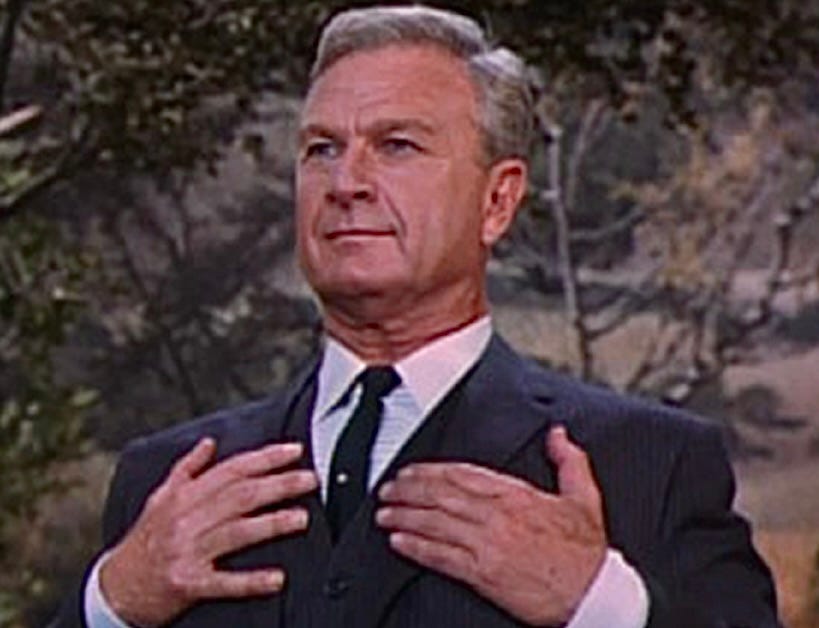
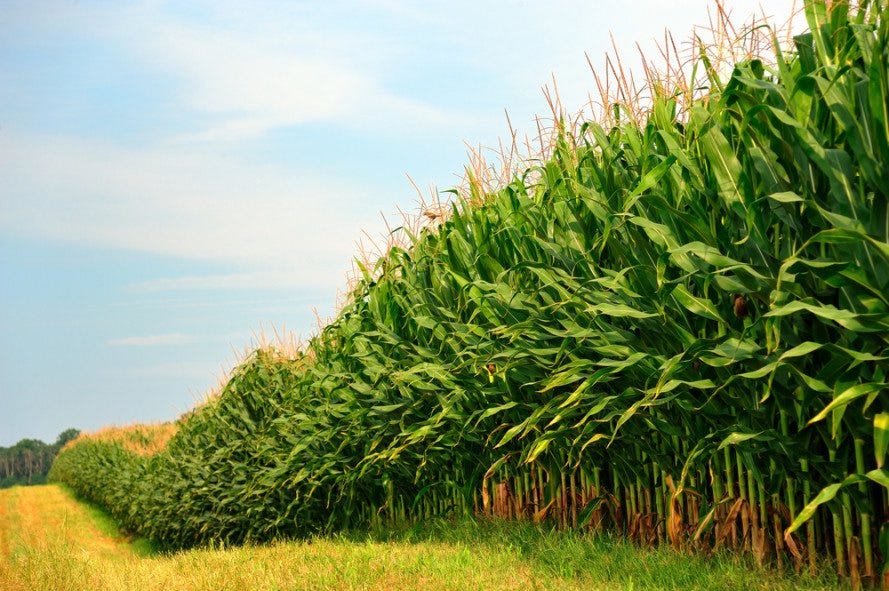
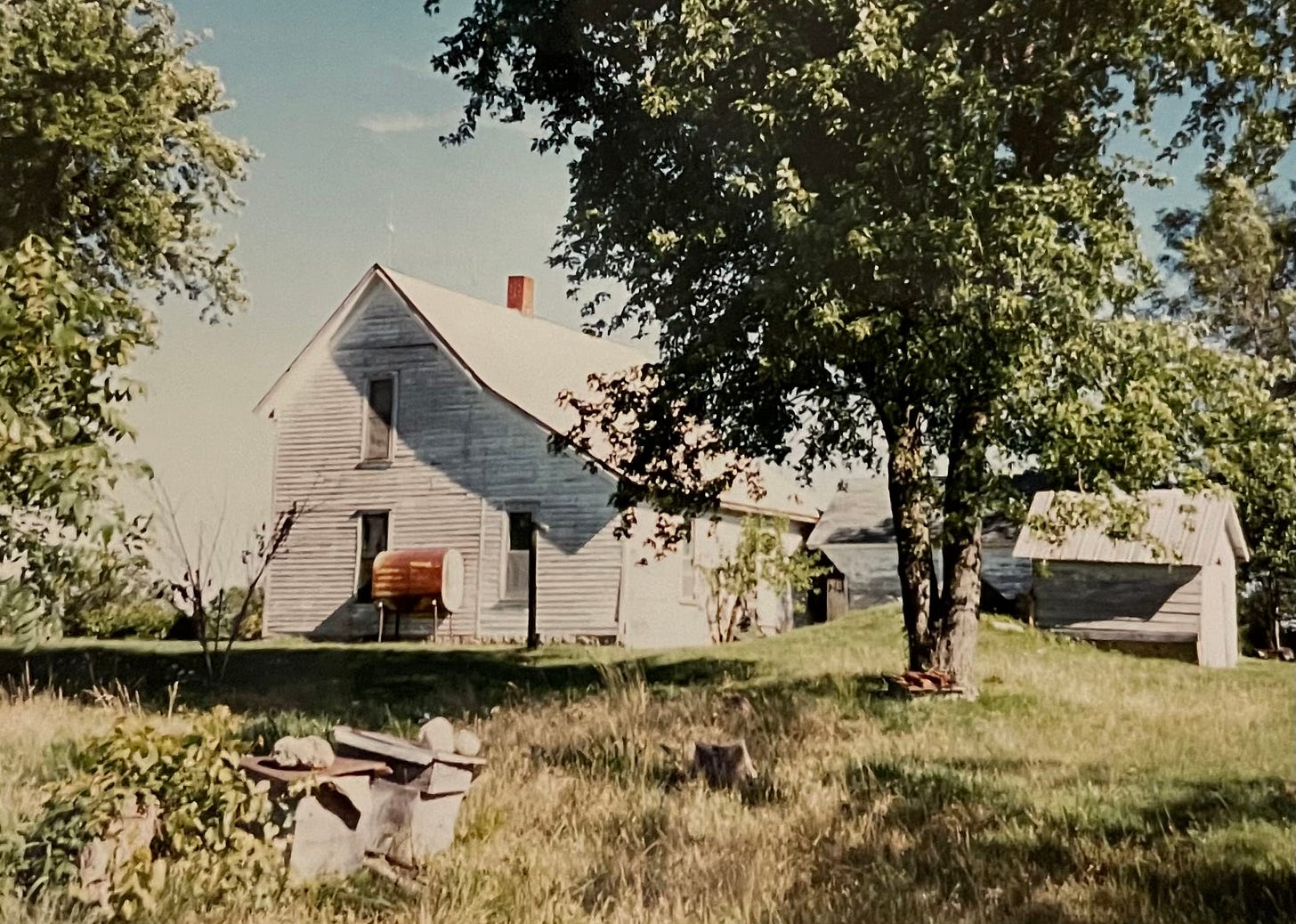
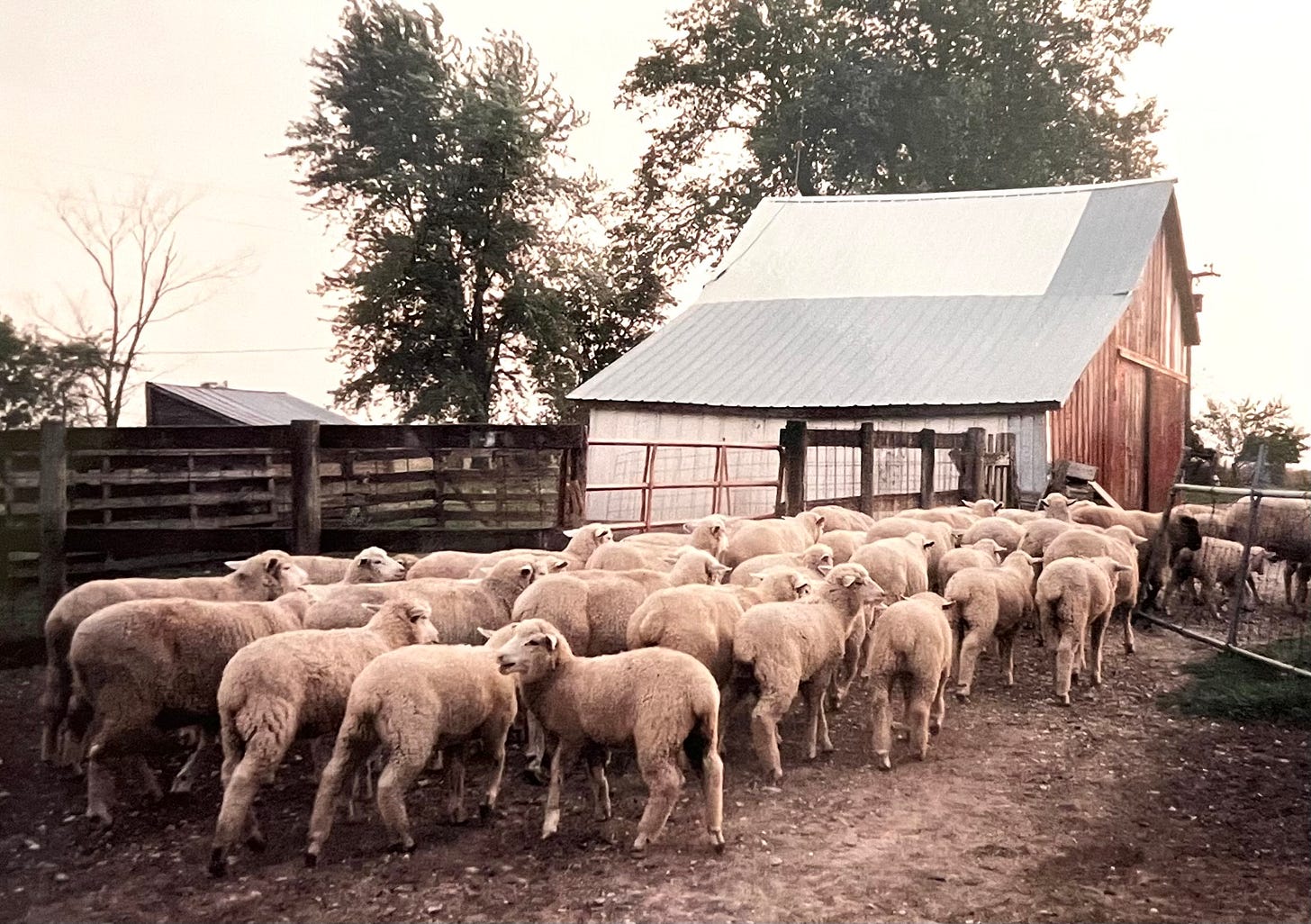
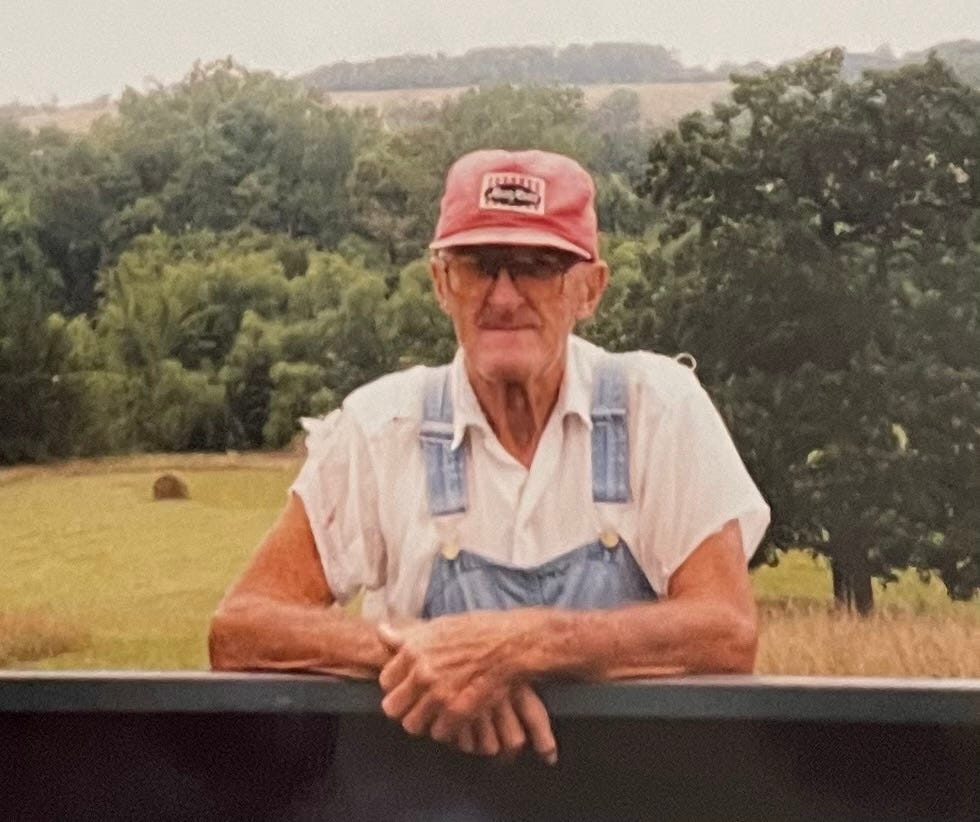
I like your writing, Norm. Keep the prose coming.